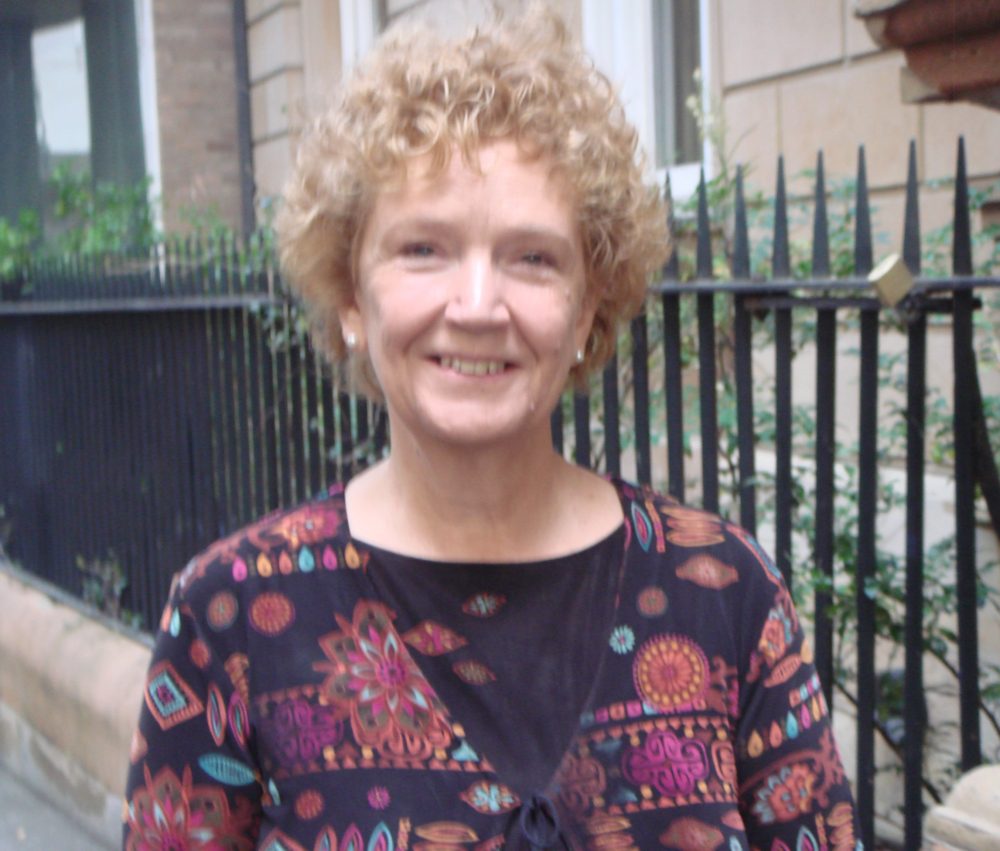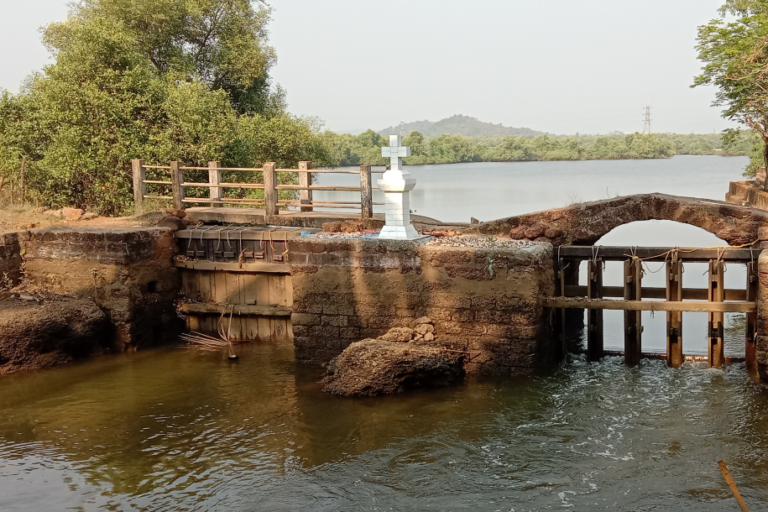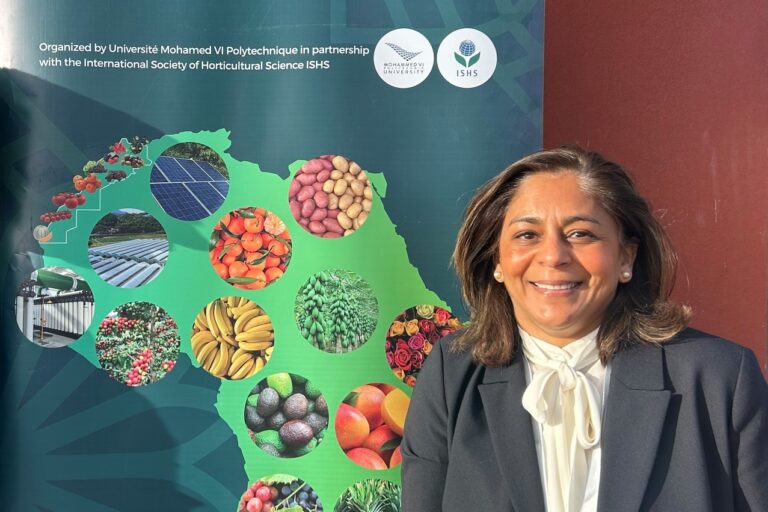By Neena Bhandari
Sydney, 27.01.2010 (Women’s Feature Service): Kamina Feza is one of the many women brutally raped and abandoned with serious injuries each day in the conflict ravaged Democratic Republic of Congo (DRC), where gender-based violence is systematically being used as a weapon of war by the military and militia.
Some 1,100 rapes are reported each month, with an average of 36 women and girls raped every day, noted United States Secretary of State, Hillary Clinton, during her recent visit to Goma, a provincial capital in eastern DRC, where Lyn Lusi, a social activist, along with her husband, a Congolese orthopaedic surgeon, Dr Jo Lusi, have established HEAL Africa, a health service to treat and care for these women.
The ongoing conflict has claimed 5.4 million lives, left over one million internally displaced people (IDPs) and continues to take its toll on women’s health. An estimated 200,000 women and girls have been assaulted over the past 12 years, according to the United Nations.
Sometimes the rapes are conducted with pointed sticks and rifles, seriously wounding a woman’s reproductive organs thereby causing traumatic fistula or vesico-vaginal fistula, which happens when the wall between a woman’s vagina and the bladder and/or rectum tears. Medical complications for women with fistula can include being permanently incontinent, infertility and miscarriages.
At the HEAL ((Health, Education, Action, Leadership) Africa hospital, about 300 fistula repair surgeries are performed annually. The youngest girl, who was raped and had a fistula repair surgery, was only four years old and the oldest was over 70 years. As Lusi says, “When rape is used as a tool of war, it is absolutely regardless of the age. It is not a question of people can’t resist the temptation, these women are spoils of war”.
Under the country’s 2006 Constitution, women have equal status and sexual violence is punishable by at least five years in prison, but the perpetrators of these crimes go unpunished. “As the war intensifies, the number of women being raped and those reporting rape is increasing”, says Lusi, who is in Australia to raise awareness and elicit support from the international community to end the war in this troubled nation, where gang rape has become a new form of terrorism.
While some women are brought for treatment by their husbands, most of them are widows. “In an attack, the strategy is burn the village, loot the goods and livestock, kill the men, rape the women and take the boys as porters, who are often recruited into the militia”, says Lusi, who arrived in Congo as a volunteer teacher in 1971 from England.
In the past 35 years, she has seen one of the worst humanitarian disasters unfold. “A girl, who recognised her rapist, was blinded and at the hospital it was discovered that she had also been infected with HIV. We try and ensure that women get Post Exposure Prophylaxis available within 72 hours of rape to prevent HIV”.
HEAL Africa’s hospital in Goma and 28 women’s houses in Maniema and North Kivu provide social, economic and psychological rehabilitation for women. Apart from pioneering fistula surgery, the hospital is a training centre for health professionals and conducts programs including family planning, safe motherhood, women against violence, and AIDS education and homecare.
As Lusi says, “Women who suffer from sexual violence are often demoralised and completely destroyed by their experience so when they are coming into the hospital, it is not just the question of patching up the plumbing. It is a question of reviving their soul and this is done with the support of counsellors and people who have compassion and understanding and also who can listen”.
The support women provide to one another also plays a vital role in rebuilding their lives. While at the hospital, women have the opportunity to learn things that they have never learnt before. “Very often women who have come in have not had the opportunity to go to school, so learning to read and write puts people in a completely different level of communication. It does remarkable things to people’s understanding and self-esteem”, explains Lusi.
Women are also taught to sew and make things that they can sell. “Most of these women, when they return home, have nothing and nowhere to go. For them, to go home with enough to start a small business with micro-financing grant is very important”, says Lusi, emphasising “My husband is also a visionary. We work together very well as a team. Most of the time I run behind him picking up the papers”.
What pains her most is the abject poverty of the people in eastern Congo, one of the most fertile, naturally beautiful and mineral rich countries in Africa. She says, “In North Kivu alone, the bread basket of the region, about 80,000 people have been displaced and are now living on handouts. Recently, the UN’s World Food Programme sliced its aid by 50 per cent aid from 6kg to 3kg of food a week. It is completely unnecessary. Our right to a decent income must not be bought at the price of someone else’s destitution”.
“This is an internationally fuelled conflict. There is illegal extraction and exploration of heavy ores and tantalite ores used in strong semi conductors, weapons, international space exploration, I-phones and other electronics. Minerals are being exported in return or small arms into the region. The question to ask is how the militias get the weapons. Can the international community really not find out and put control over the ports and airports so that this is stopped?”
She suggests encouraging economic interdependence in Central Africa, where workers from one country are not a political threat to another country following the example of Europe, where many Eastern Europeans are coming to work in Great Britain.
Says Lusi, who has worked in other African countries but Congo is where her heart is, “Working in a country that functions like Kenya, working in a country that is rebuilding itself after a conflict like Rwanda, it is a very different experience from trying to maintain the most essential services in Congo. People of Congo are hardworking and resilient. Once there is peace they will rebuild their country, their lives”.
For the women, bearing the brunt of the conflict, each day is living death and peace can’t come any sooner.
© Copyright Neena Bhandari. All rights reserved. Republication, copying or using information from neenabhandari.com content is expressly prohibited without the permission of the writer and the media outlet syndicating or publishing the article.



